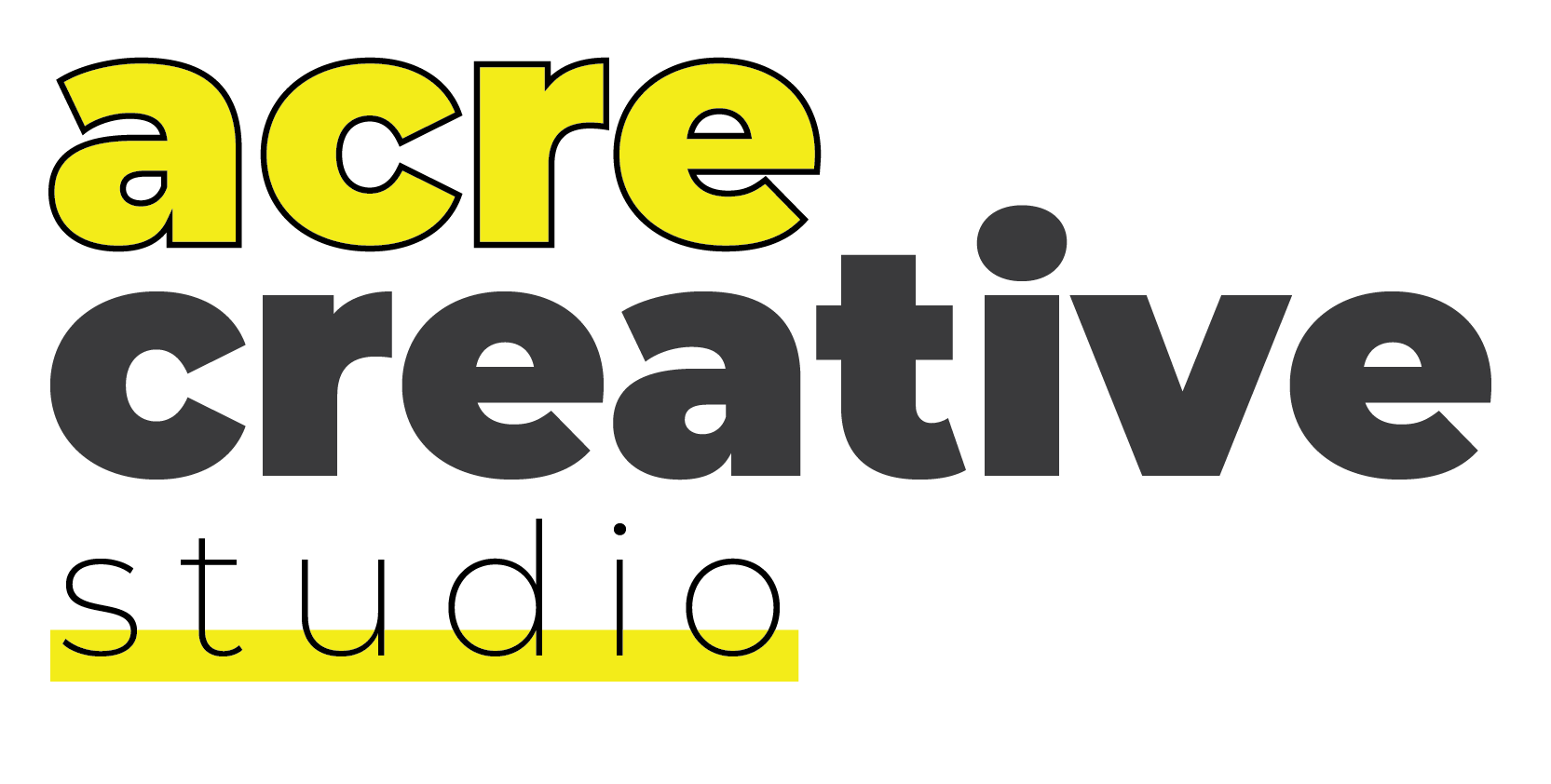Most landscaping websites look exactly the same – generic stock photos, vague service descriptions, and zero personality. While your competitors are building cookie-cutter sites, you can dominate your local market by including the essential elements that actually convert visitors into paying customers.
This comprehensive guide reveals what every successful landscaping website needs in 2025, plus the crucial components that 90% of landscape contractors are missing entirely.
Why Most Landscaping Websites Fail to Generate Leads
The Generic Landscaping Website Problem
Drive through any suburb and you’ll see dozens of landscaping businesses. Visit their websites and they all blur together:
- Stock photos of perfect gardens (that don’t look like local projects)
- Vague service lists (“We do landscaping and lawn care”)
- No pricing information (forcing customers to call for everything)
- Missing local content (could be anywhere in the world)
- No personality or story (just another landscaping contractor)
What Homeowners Actually Want from Landscaping Websites
Customer research shows homeowners visiting landscaping websites want to know:
- Can you handle my specific project type? (retaining walls, pool areas, native gardens)
- What will it actually cost? (at least rough pricing guides)
- Do you understand local conditions? (soil types, climate, regulations)
- Can I trust you with my biggest investment? (my property)
- How long will this take? (realistic timelines)
- What happens if something goes wrong? (warranties, guarantees)
Your landscaping website needs to answer these questions better than your competitors.
Essential Landscaping Website Elements That Convert
Project Portfolio That Tells a Story
What Most Landscaping Websites Show: Generic before/after photos with captions like “Beautiful garden transformation” or “Lawn installation project.”
What Converting Websites Include:
- Detailed project stories explaining the challenge, solution, and results
- Local context (“This Tauranga property needed drainage solutions for clay soil”)
- Budget ranges (“$15,000-$20,000 complete backyard renovation”)
- Timeline transparency (“Completed over 3 weekends to minimize disruption”)
- Client testimonials specific to each project type
Example Project Description: “The Challenge: This Mount Eden family wanted a low-maintenance native garden that could handle Auckland’s clay soil and provide privacy from neighbors. The existing lawn was constantly waterlogged and the kids had nowhere to play.
Our Solution: We installed proper drainage, created raised native plant beds using local stone, and designed a safe play area with synthetic grass. The new design reduced water usage by 60% and maintenance to just seasonal pruning.
Investment: $18,500 including plants, materials, and installation Timeline: 2 weeks with staged installation to keep one area usable Result: A stunning native garden that thrives year-round with minimal care.”
Local Expertise and Climate Knowledge
Seasonal Landscaping Content: Create dedicated pages for:
- “Auckland Clay Soil Solutions” (drainage, plant selection, soil improvement)
- “Wellington Wind-Resistant Landscaping” (plant choices, shelter creation)
- “Canterbury Dry Garden Design” (water-wise plants, irrigation systems)
- “Coastal Property Landscaping” (salt-tolerant plants, erosion control)
Local Regulation Guidance: Include information about:
- Council consent requirements for retaining walls, drainage
- Heritage zone restrictions and approved plant lists
- Water restriction compliance and sustainable landscaping
- Neighbor boundary requirements and privacy solutions
Transparent Pricing Information
Instead of “Contact for Quote” everywhere, include:
Rough Price Guides by Project Type:
- Basic lawn installation: $15-25 per m² including preparation
- Garden bed creation: $80-150 per m² depending on plants/materials
- Retaining walls: $400-800 per m² depending on height/materials
- Paving and pathways: $100-300 per m² for materials and installation
- Irrigation systems: $30-60 per m² coverage area
Pricing Factors Explanation: “Your landscaping investment depends on:
- Site access and preparation requirements
- Material choices (standard vs. premium options)
- Plant maturity and species selection
- Seasonal timing (peak vs. off-season rates)
- Additional services (ongoing maintenance, warranties)”
Maintenance and Care Instructions
What Most Landscaping Websites Miss: Ongoing care information that keeps clients happy and reduces warranty claims.
What You Should Include:
- Seasonal maintenance calendars for different garden types
- Plant care guides specific to your local climate
- Irrigation system maintenance instructions and troubleshooting
- Pest and disease identification guides for common local issues
- When to call for professional help vs. DIY maintenance
This positions you as the ongoing expert, not just the installer.
Advanced Landscaping Website Features That Win More Jobs
Interactive Design Tools and Visualizers
Plant Selection Guides:
- “Find the Right Plants for Your Space” quiz/tool
- Seasonal interest planners showing year-round garden appeal
- Water usage calculators for sustainable landscaping
- Maintenance level selectors (high, medium, low maintenance options)
Budget Planning Tools:
- “Estimate Your Project Cost” calculator with common scenarios
- Phase planning guides for larger projects done over time
- ROI calculators showing property value increases
Detailed Service Process Explanations
From Inquiry to Completion: Break down your landscaping process:
- Initial Consultation (site visit, needs assessment, preliminary ideas)
- Design Phase (concept plans, material selection, 3D visualizations)
- Quote and Timeline (detailed pricing, project scheduling, permit handling)
- Installation Process (site preparation, progress updates, quality checkpoints)
- Completion and Handover (final walkthrough, care instructions, warranty details)
- Ongoing Support (maintenance options, plant establishment care, warranty service)
Problem-Solution Content Marketing
Address Common Landscaping Challenges:
“Why Your Lawn Keeps Dying” (Auckland Clay Soil Solutions)
- Soil testing and amendment processes
- Drainage installation techniques
- Grass variety selection for local conditions
- Maintenance schedules for establishment
“Creating Privacy Without Breaking Council Rules”
- Height restrictions and setback requirements
- Fast-growing screening plant options
- Alternative privacy solutions (pergolas, screens, raised beds)
- Neighbor consultation best practices
“Low-Maintenance Gardens That Actually Look Good”
- Native plant combinations for year-round interest
- Automated irrigation system benefits
- Mulching strategies for weed suppression
- Seasonal pruning schedules
Industry-Specific Trust Builders for Landscaping Websites
Professional Qualifications and Certifications
Display Your Credentials Prominently:
- Landscape Industry Association membership
- Trade certifications (irrigation, hardscaping, arboriculture)
- Insurance coverage details (public liability, professional indemnity)
- Environmental certifications (sustainable landscaping, water-wise design)
- Safety qualifications (site safety, machinery operation)
Warranty and Guarantee Information
What Landscaping Customers Need to Know:
- Plant establishment warranties (12 months standard, what’s covered)
- Hardscaping guarantees (structural work, materials, workmanship)
- Irrigation system warranties (components, installation, performance)
- Seasonal replacement policies (plant failures, weather damage)
- Maintenance service guarantees (response times, quality standards)
Environmental and Sustainability Credentials
Eco-Friendly Landscaping Content:
- Native plant expertise and biodiversity benefits
- Water conservation strategies and drought-resistant design
- Organic gardening practices and chemical-free maintenance
- Waste reduction and recycling of landscaping materials
- Carbon sequestration benefits of landscape design choices
Mobile-First Design for Landscaping Websites
Why Mobile Matters More for Landscapers
Landscaping customers often browse while:
- Walking around their property planning projects
- Visiting nurseries comparing plant options
- Sitting in their garden envisioning changes
- Showing partners photos and ideas for discussion
Your landscaping website must work perfectly on mobile devices.
Essential Mobile Features
Touch-Friendly Design Elements:
- Large, tappable phone numbers for instant calling
- Easy-to-find contact forms with minimal required fields
- Photo galleries that swipe smoothly and load quickly
- Service area maps that zoom and pan easily
- Quick quote forms optimized for mobile input
Local SEO Optimization for Landscaping Businesses
Location-Specific Content Pages:
- “Landscaping Services in [Suburb Name]” with local examples
- “Garden Design for [Area] Properties” showing local knowledge
- “[City] Landscape Maintenance” with seasonal local advice
- “Native Plants for [Region]” demonstrating local expertise
Google My Business Optimization:
- Service area definitions (specific suburbs you serve)
- Seasonal service updates (spring cleanup, winter preparation)
- Project photo uploads with location tags
- Customer review management and responses
- Local keyword optimization in business description
Content Marketing That Grows Landscaping Businesses
Seasonal Content Calendar
Spring Content (August-October):
- “Spring Garden Preparation Checklist”
- “Best Plants to Install Before Summer”
- “Irrigation System Startup Guide”
- “Lawn Recovery After Winter”
Summer Content (November-January):
- “Keeping Gardens Alive in Extreme Heat”
- “Water-Wise Plant Selections”
- “Creating Shade in Your Outdoor Space”
- “Summer Entertaining Area Ideas”
Autumn Content (February-April):
- “Preparing Your Garden for Winter”
- “Best Time to Plant Trees and Shrubs”
- “Autumn Color Plant Guide”
- “Garden Cleanup Services”
Winter Content (May-July):
- “Winter Garden Interest Plants”
- “Planning Your Spring Garden Project”
- “Indoor Plant Care During Cold Months”
- “Landscape Design and Planning Season”
Educational Content That Builds Authority
“University of Landscaping” Approach:
- Plant care video tutorials for common local species
- DIY vs. Professional guides for various projects
- Cost-saving tips that build trust and demonstrate expertise
- Problem diagnosis guides that position you as the solution
Integration with Landscaping Business Software
CRM and Project Management Integration
Seamless Customer Journey:
- Website inquiry forms that feed directly into CRM
- Automated follow-up sequences for different inquiry types
- Project timeline sharing with customers via web portal
- Photo progress updates accessible through customer login
- Invoice and payment processing integrated with website
Booking and Scheduling Systems
Online Appointment Booking:
- Consultation scheduling with calendar integration
- Service appointment booking for maintenance clients
- Seasonal reminder systems for regular maintenance
- Emergency service request forms for urgent issues
Measuring Landscaping Website Performance
Key Metrics for Landscaping Websites
Lead Generation Metrics:
- Contact form completion rates by service type
- Phone call tracking from website visits
- Quote request conversion rates from different traffic sources
- Seasonal traffic patterns and inquiry volumes
- Geographic distribution of website visitors and leads
Engagement Metrics:
- Time spent on project portfolio pages
- Photo gallery interaction rates
- Service page bounce rates
- Mobile vs. desktop usage patterns
- Popular content and blog post performance
Tools for Tracking Landscaping Website Success
Essential Analytics Setup:
- Google Analytics 4 with goal conversion tracking
- Google Search Console for keyword performance monitoring
- Call tracking software for phone lead attribution
- Heat mapping tools to understand user behavior
- Customer feedback surveys to measure satisfaction
Common Landscaping Website Mistakes to Avoid
Technical Issues That Lose Customers
Website Performance Problems:
- Slow loading photo galleries (compress images properly)
- Non-mobile responsive design (test on actual devices)
- Broken contact forms (test regularly, especially after updates)
- Missing local business schema markup for search engines
- Outdated project photos and seasonal content
Content Mistakes That Hurt Conversions
Generic Content Issues:
- Using stock photos instead of actual local projects
- Vague service descriptions that could apply to any landscaper
- Missing pricing guidance that forces unnecessary phone calls
- No local knowledge demonstration (climate, soil, regulations)
- Absent customer testimonials and social proof
Future-Proofing Your Landscaping Website
Emerging Trends in Landscaping Digital Marketing
Technology Integration:
- Augmented reality plant placement tools
- Drone photography for large property documentation
- 3D landscape visualization software integration
- Smart irrigation monitoring and control systems
- Sustainable landscaping calculators and certifications
Preparing for Changes in Search and AI
SEO Evolution for Landscaping:
- Voice search optimization (“landscaper near me who does native gardens”)
- Featured snippet optimization for landscaping questions
- Local pack optimization for mobile searches
- Video content importance for demonstrating expertise
- AI-powered customer service integration possibilities
Conclusion: Building a Landscaping Website That Actually Works
Your landscaping website isn’t just a digital business card – it’s your most powerful sales tool. While competitors stick with generic templates and stock photos, you can dominate your local market by including the elements that actually matter to customers.
The landscaping industry is incredibly competitive, but most businesses are terrible at digital marketing. By implementing these strategies, you’ll stand out immediately and start converting more website visitors into paying customers.
Remember: homeowners are making decisions about spending tens of thousands of dollars on their property. Your website needs to demonstrate expertise, build trust, and make the buying process as easy as possible.
Start with the basics – real project photos, transparent pricing, and local expertise content. Then gradually add the advanced features that separate industry leaders from the pack.
Your next customer is researching landscapers online right now. Make sure they find you, trust you, and choose you over the competition.
Ready to create a landscaping website that actually generates leads and grows your business? At Acre Creative Studio, we specialise in Rocketspark websites for New Zealand landscaping and trade businesses, complete with local SEO optimization and conversion-focused design. Contact us today to discuss transforming your online presence.




